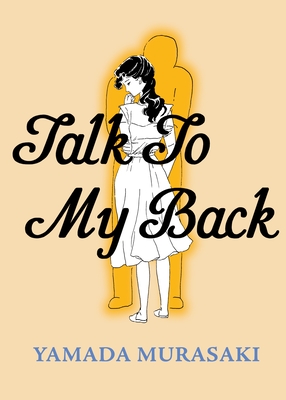What do you think?
Rate this book


384 pages, Paperback
First published January 1, 1982
Ha resultado que ese deseo… el de un matrimonio que brinde tranquilidad y estabilidad durante largo tiempo… no era algo tan sencillo ni tan modesto. He descubierto que no hay sueño más intenso que ese. Y ahora que hemos despertado del sueño… ¿qué hacemos?